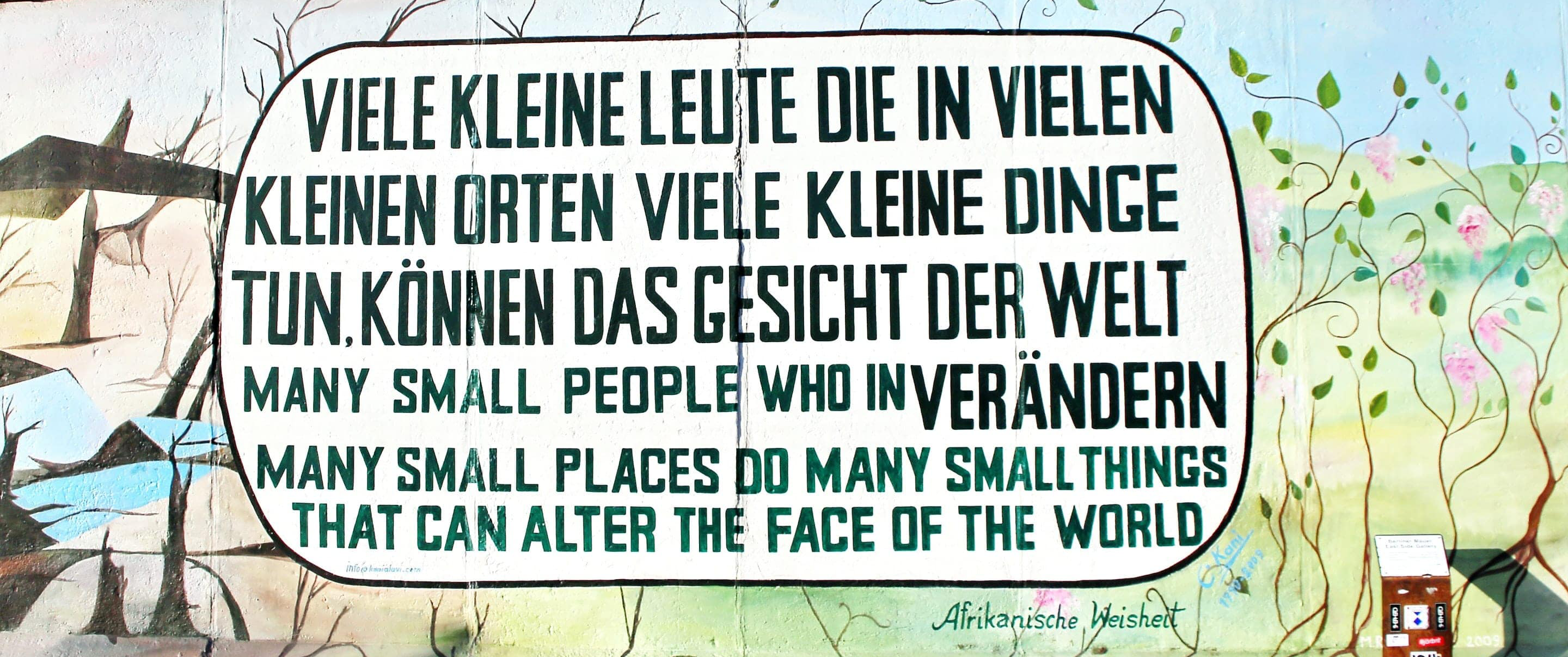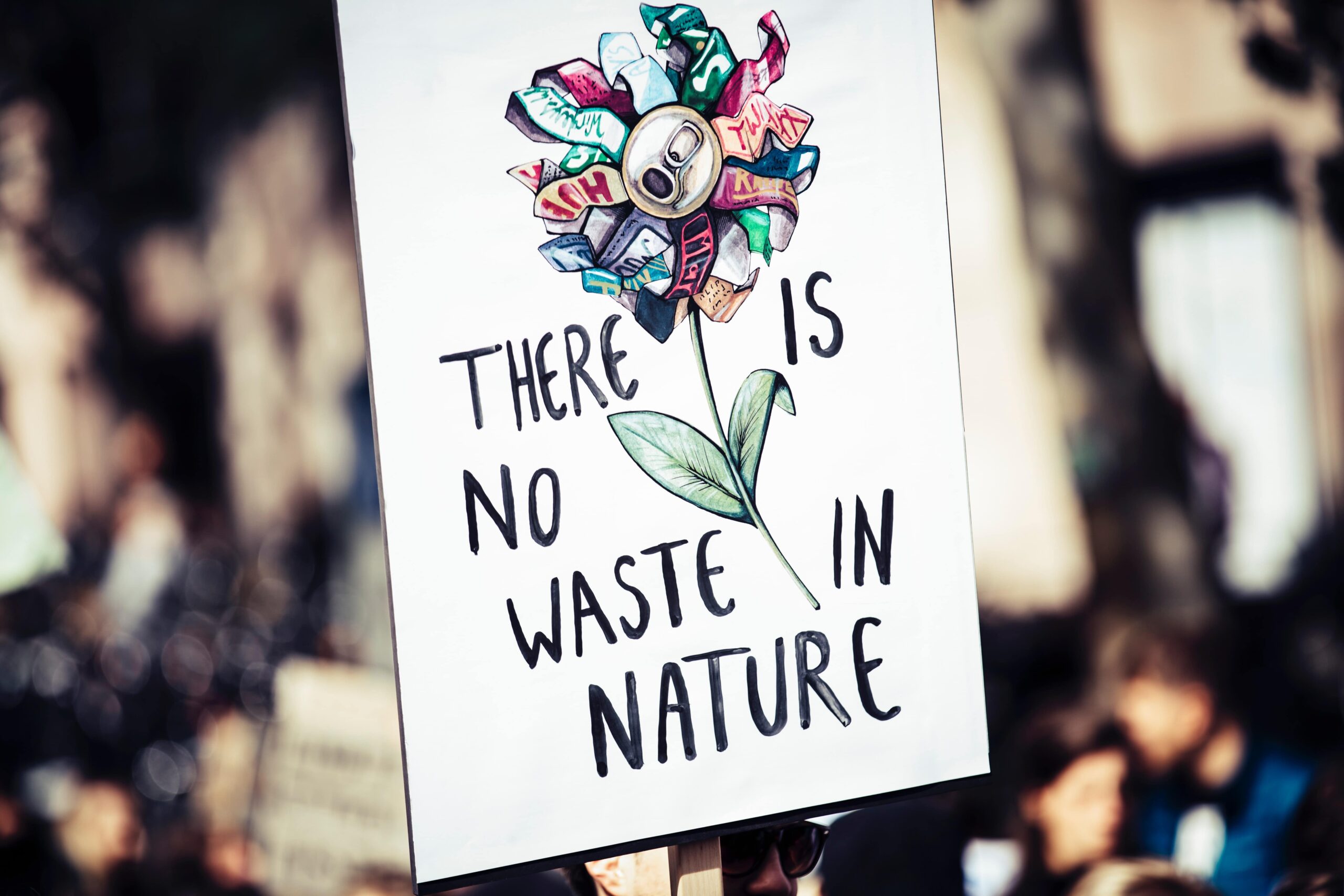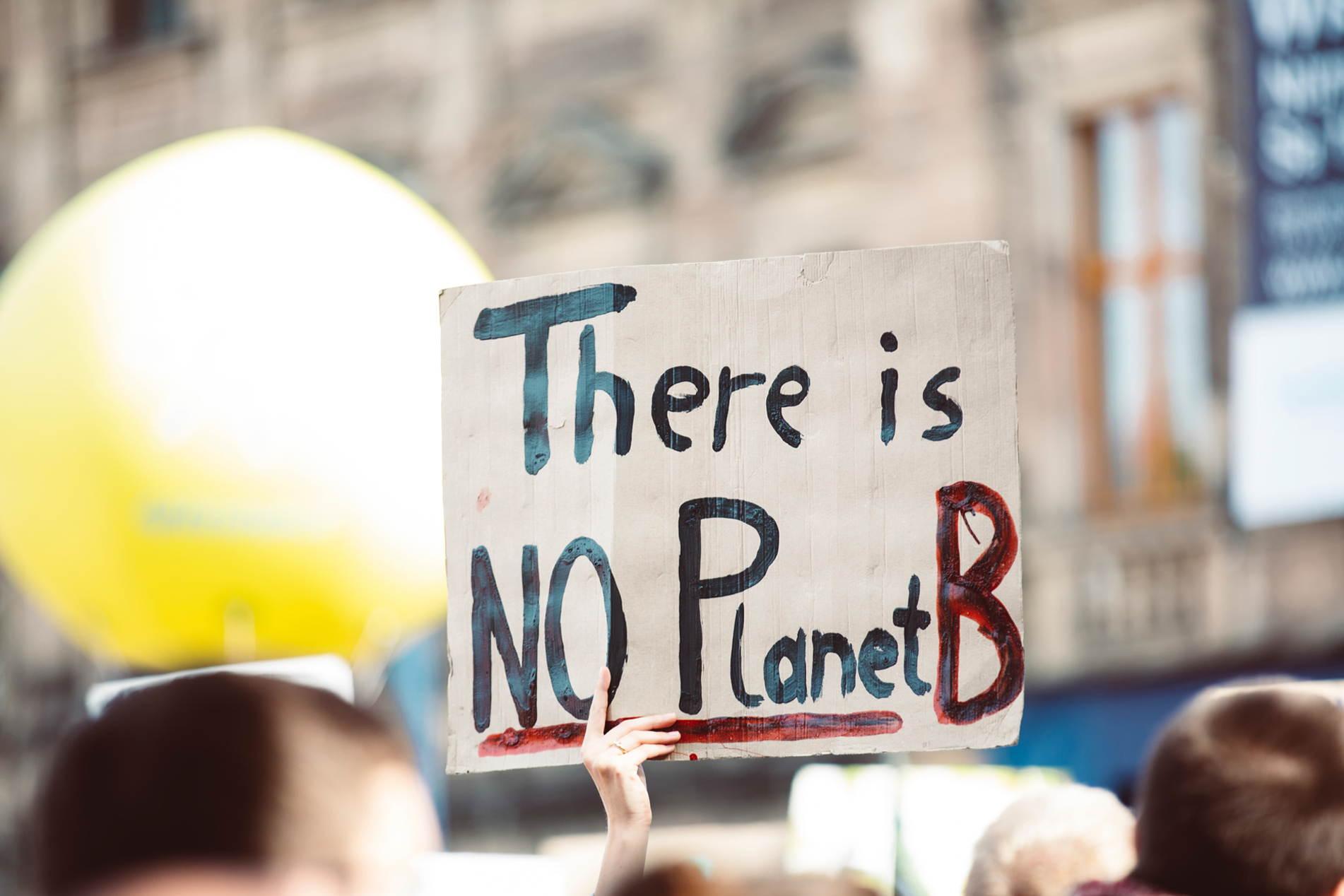No products in the basket.
POWERED BY PLANTS. DRIVEN BY KINDNESS.
Help Us Make a Difference – All Orders over £15 Plants One Tree
Free Delivery on all UK Mainland Orders over £45.00 / Local Delivery – FREE!

Making small changes in our lifestyle helps protect not only our natural world but also our wellbeing. By eliminating plastics and harmful chemicals from the products we use daily, we can have a lasting, positive impact on both the environment and our health.
Plastic pollution is having a devastating impact on our planet, harming wildlife, natural habitats, and human health. It affects marine life physically, disrupts ecosystems chemically, and carries significant economic consequences. Much of this pollution stems from household waste that is poorly recycled, dumped in landfills, or carelessly discarded into nature.

Every time plastic is recycled, its quality deteriorates. A single piece of plastic can typically only be recycled 2-3 times before it becomes unusable. To compensate for this, additional virgin plastic is often added during the recycling process to maintain durability. So, when you see the label “Recycled Material,” take a moment to consider what “recycled” truly means.
It’s also important to remember that not all plastic is recyclable. Items such as plastic bags, straws, coffee cups, cotton buds, and disposable cutlery often end up in landfills or the environment. By making small switches to non-plastic, reusable alternatives in our daily lives, we can have a significant impact in the fight against plastic pollution.
We are living in a plastic era—from the clothes we wear to the food we consume, plastic has become a household staple worldwide. Given its prevalence and the fact that scientists estimate it takes 450 to 1,000 years to decompose (with some arguing it may never fully break down), it is crucial that we truly understand the impact of this material.
ONLY THROUGH KNOWLEDGE CAN WE TAKE THE NECESSARY ACTIONS TO CHANGE OUR RELATIONSHIP WITH PLASTIC AND SAFEGUARD OUR FAMILIES, COMMUNITIES, AND THE ENVIRONMENT.
Extracts from National Geographic Blog – to read more, please

To truly embrace an eco-friendly lifestyle, there are many things to be mindful of—but one of the most crucial is avoiding personal care products that contain microbeads. These tiny manufactured plastic particles are commonly found in face scrubs, body washes, toothpaste, and other hygiene products. Once washed away, they enter our water systems, posing a serious threat to marine life, the environment, and even our own wellbeing.
Microbeads have the harmful ability to absorb toxins, which can then travel up the marine food chain, affecting the environment and our health. These tiny plastic particles are not biodegradable and are nearly impossible to remove from nature. While many countries, such as New Zealand, Canada, and the US, have already banned their use, it’s up to each of us to remove microbead-containing products from our personal hygiene routines until the world takes collective action.
Here are a few eco-friendly lifestyle tips you can easily incorporate into your personal care routine:
Shampoo, Body Soap, Hand Wash, Face Wash – Opt for soap bars made with essential oils or, instead of a bar, purchase soap in an aluminium bottle that can be refilled.
Deodorant – Choose a natural deodorant bar, balm, or paste in an aluminium tin.
Shower Body Exfoliator – Use a bamboo brush or a sustainable fibre mitten/sponge.
Makeup Removers – Choose reusable cotton discs or cloths.
Dental Hygiene – Go for a bamboo toothbrush, natural mineral toothpaste, natural fibre dental floss, and natural mineral mouthwash.
Hair Brush – Choose a natural bamboo hairbrush.
Menstruation – Opt for a plastic-free menstrual cup or washable cloth pads.
Razor – Use an eco-friendly, plastic-free safety razor with replaceable blades.
Cosmetics – Select natural, vegan, and cruelty-free alternatives.
Choosing natural personal care products is easier than ever, and if you want to take it a step further, consider opting for vegan products and reducing meat consumption. These choices all play a part in combating environmental pollution and deforestation.
You’ve likely heard that meat consumption has a significant impact on the environment. The agricultural industry generates as much greenhouse gas emissions as the entire world’s cars, trucks, and planes combined. This is largely due to the vast deforestation needed to make space for livestock, as well as the methane gas produced by the animals themselves. The growing demand for meat and the use of livestock by-products further contribute to rising levels of carbon and other pollutants, which are harming our environment.
Human-driven deforestation occurs when trees are permanently removed to clear land for agriculture, grazing, or for timber used in fuel, construction, and manufacturing. Ecological sustainability plays a crucial role in eco-friendly living, and the loss of trees and vegetation has a profound impact on climate change, flooding, and the increase of greenhouse gases in the atmosphere—just to name a few of the many issues.
By making small, mindful changes in our everyday lives, we can help:


Forests are the oldest and most vital ecosystems on our planet. If deforestation continues unchecked, the damage to nature will be irreparable.
WITHOUT NATURE, THERE IS NO PLANET EARTH.
LET’S START MAKING CHANGES NOW.
Every small step counts in creating a more sustainable future for our planet!